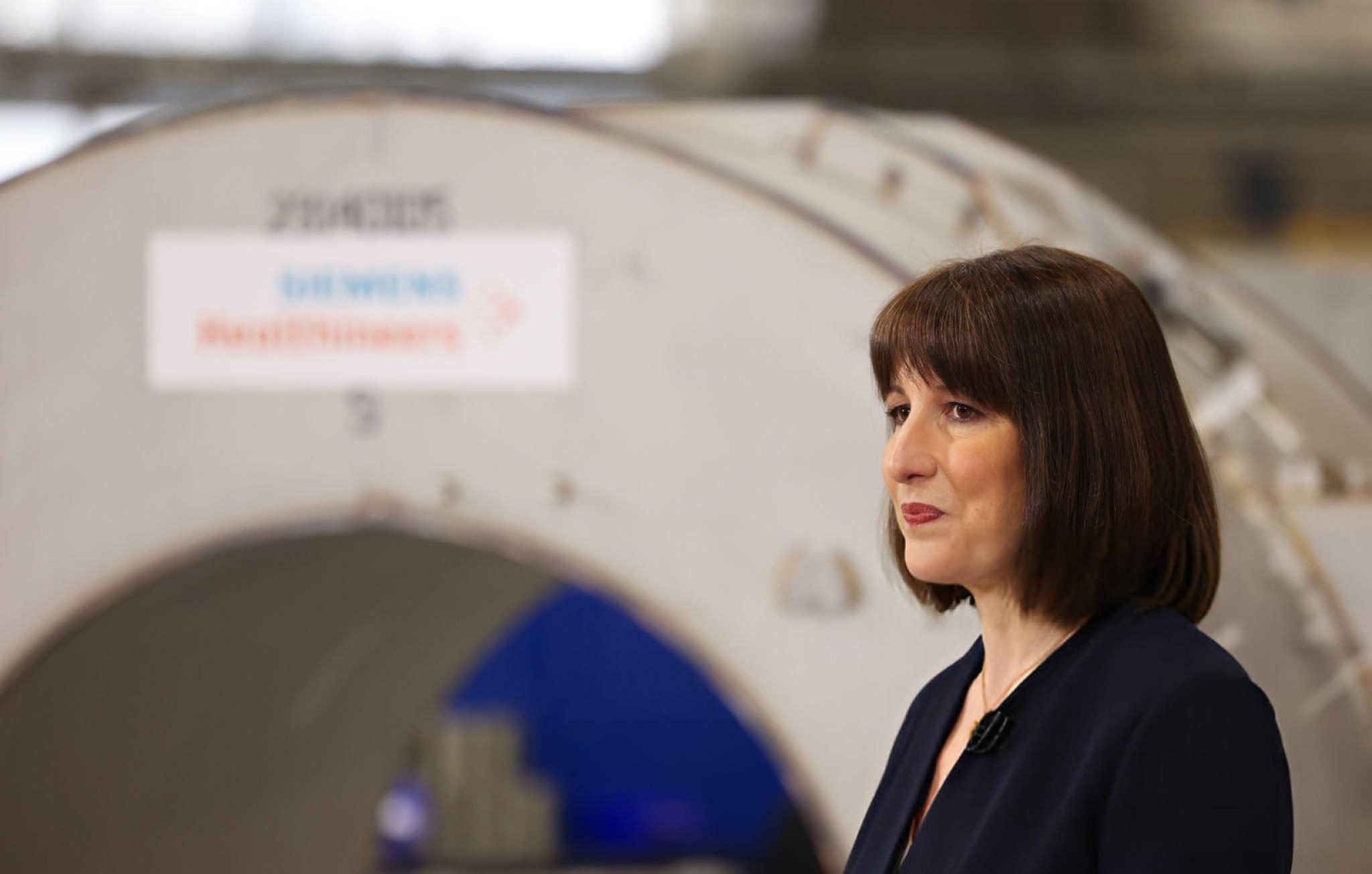Chancellor Rachel Reeves has come under fire after the latest inflation figures revealed a sharp rise to three per cent in January, fuelling concerns over the cost-of-living crisis and the economic outlook.
The surprise jump, reported by the Office for National Statistics (ONS), saw inflation climb from 2.5% in December to 3.0%—its highest level in ten months. The increase was driven by rising food prices, higher private school fees following the government’s decision to apply VAT, and stubbornly expensive airfares.
The unexpected rise has cast doubt over hopes for imminent interest rate cuts by the Bank of England, with some analysts now predicting that borrowing costs will remain elevated for longer than initially expected.
Chancellor under fire
Rachel Reeves defended her economic approach, insisting that her “number one mission” remains improving people’s financial security.
“That’s why we’re going further and faster to deliver economic growth,” she said. “By taking on the blockers to get Britain building again, investing in infrastructure, and cutting unnecessary regulation, we will kick-start growth, secure well-paid jobs, and put more pounds in people’s pockets.”
However, Shadow Chancellor Mel Stride was quick to criticise her response, arguing that Reeves’ record tax hikes and policy decisions were making life harder for households.
“Today’s inflation figures mean further pain for family finances,” he said. “It’s thanks to the Labour Chancellor’s record tax hikes and inflation-busting pay rises. It means higher prices in the shops and interest rates staying high for longer, causing mortgage misery for millions. This Chancellor is out of her depth, and we’re all paying the price.”
Impact on businesses and households
The inflation spike is particularly bad news for businesses already grappling with increased payroll costs due to the forthcoming rise in the National Living Wage to £12.21 per hour in April. Many firms have warned that the government’s decision to hike National Insurance contributions for employers will force them to cut jobs to stay afloat.
Business leaders have also expressed frustration over Ms Reeves’ economic strategy, particularly the £40 billion of tax rises announced in the Autumn Budget. This includes a £25 billion increase in National Insurance contributions for employers and an additional £30 billion in borrowing to fund £70 billion in spending on public services such as the NHS, the justice system, and education.
One of the most controversial elements of the Chancellor’s policy is the imposition of a 20% VAT charge on private school fees, which has led to a 12.7% year-on-year increase in costs for parents. The education sector as a whole saw inflation at 7.5%, its highest level since 2015. Critics argue that this move, designed to generate extra revenue for state schools, is punishing middle-class families and could lead to overcrowding in the state sector if more parents pull their children out of private education.
Housing market and mortgage concerns
For homeowners and prospective buyers, the higher inflation rate could delay expected cuts in interest rates by the Bank of England. Prior to the release of these figures, many had hoped that falling inflation would allow the central bank to start reducing rates as early as spring. Now, analysts are suggesting that cuts may not come until later in the year, keeping mortgage rates higher for longer.
Mark Hicks, head of Active Savings at Hargreaves Lansdown, warned:
“Inflation pressures are still building, as we are yet to see the full effect of government policies and any tariff price war. The Bank of England will likely hold off on rate cuts until there is more certainty that inflation is under control.”
The political fallout
As concerns over the economic outlook mount, Ms Reeves has faced growing scrutiny over her background, with questions being raised about her past employment history and expenses claims during her time in the banking sector before entering politics.
She has also courted controversy by backing the long-debated third runway at Heathrow, arguing that the project is necessary to boost economic growth. Critics point out, however, that the expansion will take years to complete and is unlikely to provide an immediate economic boost.
With inflation rising, interest rates remaining high, and businesses feeling the squeeze, Ms Reeves’ economic strategy is under intense scrutiny. Whether she can navigate Britain through this challenging period remains to be seen, but with political opponents already sharpening their attacks, she faces mounting pressure to prove she is up to the task.







